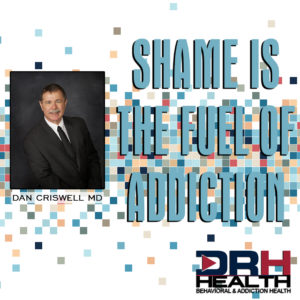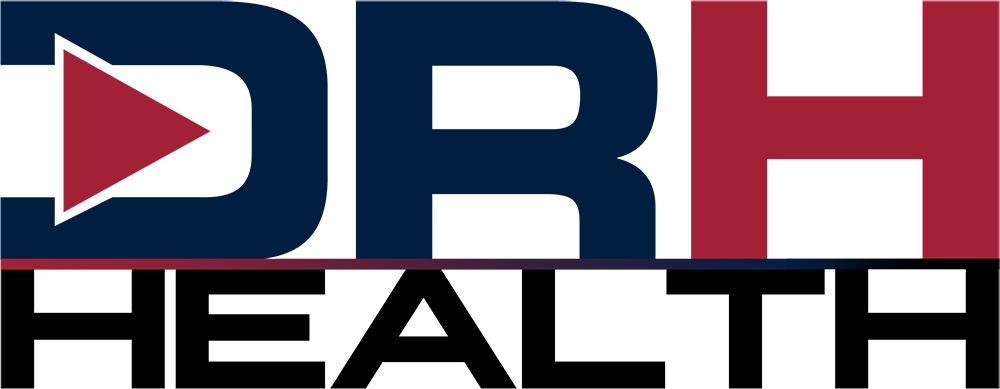Shame
 When most of us have done something we know is the wrong thing to do/that hurts someone, we feel guilt – that voice of our conscience telling us of our wrong doing. It is important to notice guilt comes about from our actions – something I didn’t do that was the right thing to do or doing the wrong/hurtful thing. But guilt is not shame. Shame is that same feeling but basing it on who I am instead of what I have done. Shame is that feeling of guilt but not based on action but based on being. Like that feeling of not being good enough, or guilt because you were the middle child and not the first who go the attention when growing up, or any other scenario I accept as “my fault” when it is not. Shame is that sense of “I am wrong” and not just that I have “done wrong.” Shame often comes with having the disease of addiction. Guilt can be assuaged by asking forgiveness, doing the right thing or paying the penalty of my wrong actions. Shame cannot be assuaged. Shame is the fuel of addiction. The great majority of time someone with the disease of addiction feels like they ARE wrong – they were born defective – that something outside themselves “made” them the way they are and that there is nothing that can be done to “fix” what is broken. Shame brings hopelessness and a sense of isolation. Shame just furthers that inward desire to be “normal” (whatever normal is). No doubt that untreated addiction deepens shame and until shame is addressed, treatment of addiction will not bring recovery. Recovery is achieving a victory over shame. Recovery is coming to the acceptance though I may have the disease of addiction; I am not “less than” because of it. Recovery is believing my life has worth – worth not just to myself but to others. Recovery is bringing value and purpose to my life beyond the self-consciousness of shame. And though I may have guilt for the wrong things I did as a result of the disease of addiction, when I accept my life matters and that I have something worthwhile to “bring to the table”, I can make amends and restitution for those wrong things done while in the power of addiction. We come to the false beliefs of shame over time – most often with the start way back in childhood. And it takes time, work and recovery to heal. And though it often is a bumpy road to recovery – sometimes with setbacks – the journey is worth the efforts to achieve.
When most of us have done something we know is the wrong thing to do/that hurts someone, we feel guilt – that voice of our conscience telling us of our wrong doing. It is important to notice guilt comes about from our actions – something I didn’t do that was the right thing to do or doing the wrong/hurtful thing. But guilt is not shame. Shame is that same feeling but basing it on who I am instead of what I have done. Shame is that feeling of guilt but not based on action but based on being. Like that feeling of not being good enough, or guilt because you were the middle child and not the first who go the attention when growing up, or any other scenario I accept as “my fault” when it is not. Shame is that sense of “I am wrong” and not just that I have “done wrong.” Shame often comes with having the disease of addiction. Guilt can be assuaged by asking forgiveness, doing the right thing or paying the penalty of my wrong actions. Shame cannot be assuaged. Shame is the fuel of addiction. The great majority of time someone with the disease of addiction feels like they ARE wrong – they were born defective – that something outside themselves “made” them the way they are and that there is nothing that can be done to “fix” what is broken. Shame brings hopelessness and a sense of isolation. Shame just furthers that inward desire to be “normal” (whatever normal is). No doubt that untreated addiction deepens shame and until shame is addressed, treatment of addiction will not bring recovery. Recovery is achieving a victory over shame. Recovery is coming to the acceptance though I may have the disease of addiction; I am not “less than” because of it. Recovery is believing my life has worth – worth not just to myself but to others. Recovery is bringing value and purpose to my life beyond the self-consciousness of shame. And though I may have guilt for the wrong things I did as a result of the disease of addiction, when I accept my life matters and that I have something worthwhile to “bring to the table”, I can make amends and restitution for those wrong things done while in the power of addiction. We come to the false beliefs of shame over time – most often with the start way back in childhood. And it takes time, work and recovery to heal. And though it often is a bumpy road to recovery – sometimes with setbacks – the journey is worth the efforts to achieve.
The Duncan Regional Hospital Behavioral and Addiction Health clinic is here to help anyone who is caught in the throes of addiction. We provide comprehensive outpatient treatment that addresses those elements that have been disordered due to addiction. If you or someone you love is willing to accept treatment, we are here to provide.
Dan Criswell, MD
Duncan Behavioral Health and Addiction
